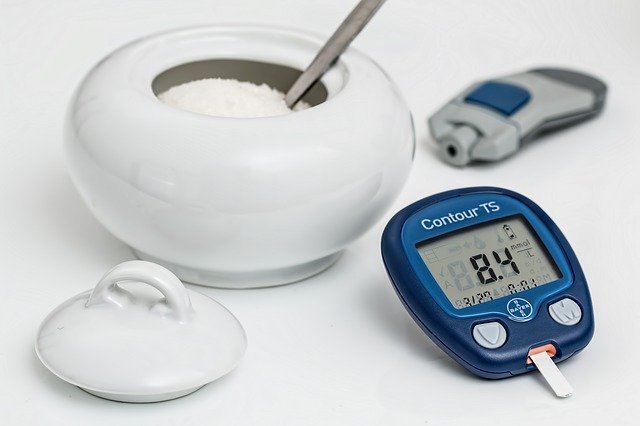
Patients with type 2 diabetes who have high levels of blood sugar are at greater risk of serious complications such as chronic kidney disease, heart disease, and blindness.
While lifestyle changes and medications can help some patients better control their blood sugar levels, type 2 diabetes tends to progress, and patients typically need more intense treatment to continue to maintain blood sugar control.
Insulin offers the most robust way to control blood glucose, but insulin therapy is often delayed, sometimes by several years.
In a new study, researchers found that more than 40% of patients refuse a physician’s recommendation of insulin therapy.
In addition, patients who decline insulin therapy had worse blood sugar control and it took them much longer to lower their blood sugar levels than patients who began insulin therapy.
The research was conducted by a team from Brigham and Women’s Hospital.
Previous studies have found that just a few years of elevated blood sugar levels can lead to an increased risk of heart attack and kidney failure 10 or 20 years later.
Given the consequences of uncontrolled blood sugar levels, the team set out to better understand why insulin therapy initiation is frequently delayed.
They used natural language processing — an artificial intelligence tool that can scan through large amounts of data to pull out key phrases — to comb through clinical narratives that physicians had recorded in patients’ medical records.
This allowed researchers, for the first time, to identify documented insulin decline by patients in electronic medical records notes.
The study included more than 5,000 adults with type 2 diabetes who were followed by primary care physicians (PCPs) affiliated with the Brigham and Massachusetts General Hospital between 2000 and 2014.
They found more than 2,000 patients (43%) in the study declined insulin therapy.
It took patients who declined insulin an average of 50 months to reach target blood sugar levels, whereas it took an average of 38 months for those who started insulin therapy when their physician recommended it.
Participants were more likely to accept insulin therapy if they had diabetes complications or higher blood sugar levels or if they were already seeing an endocrinologist.
Older participants and those taking other diabetes medications were less likely to accept insulin therapy.
The team would like to further investigate possible reasons in future studies as well as the long-term complications that patients who decline insulin may experience.
One author of the study is Alexander Turchin, MD, MS, director of quality in diabetes at the Brigham.
The study is published in Diabetic Medicine.
Copyright © 2020 Knowridge Science Report. All rights reserved.



